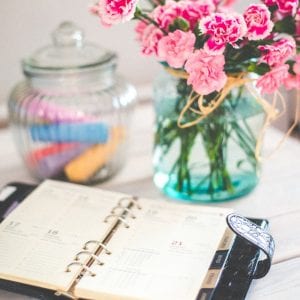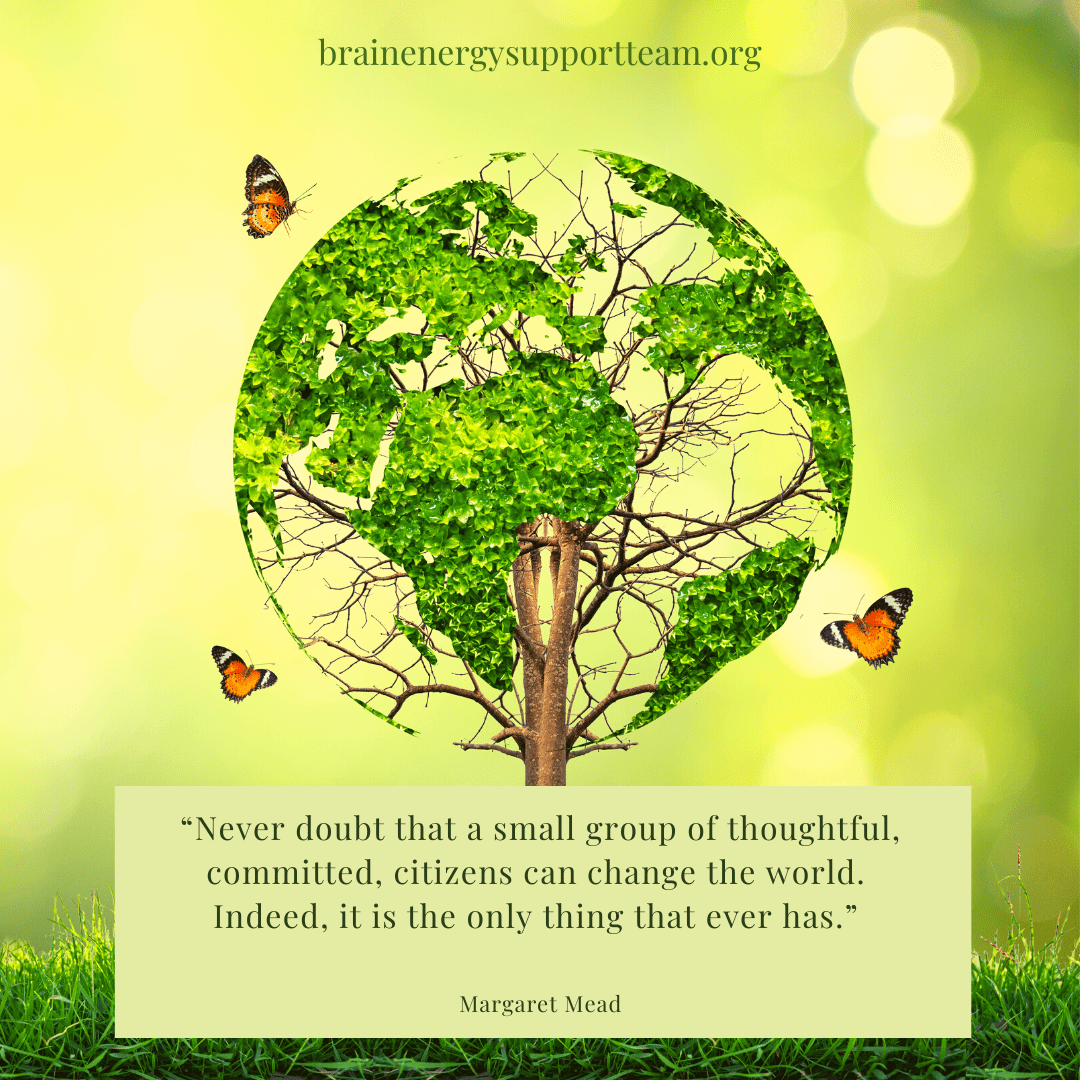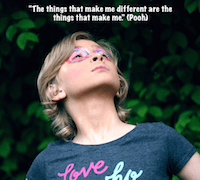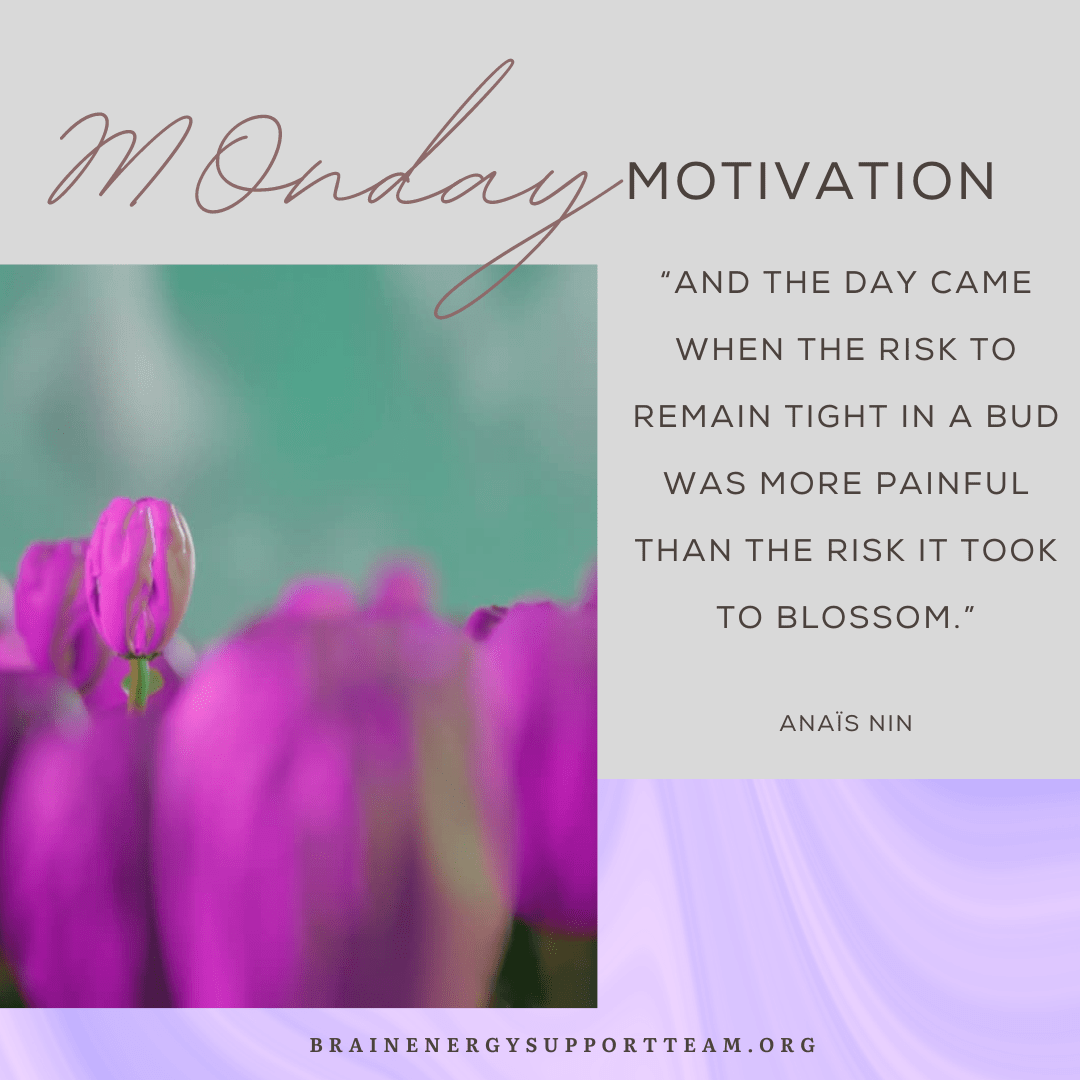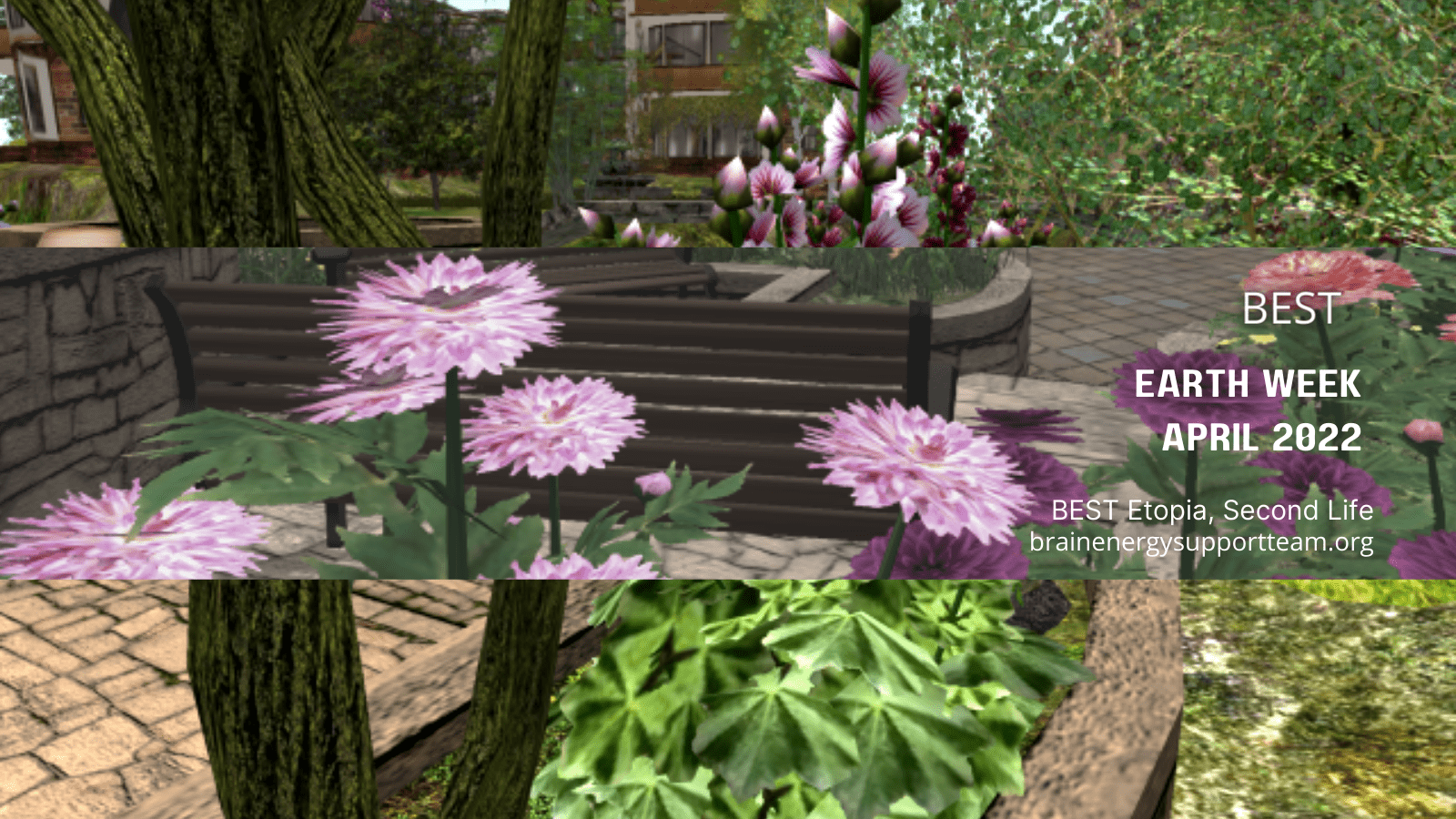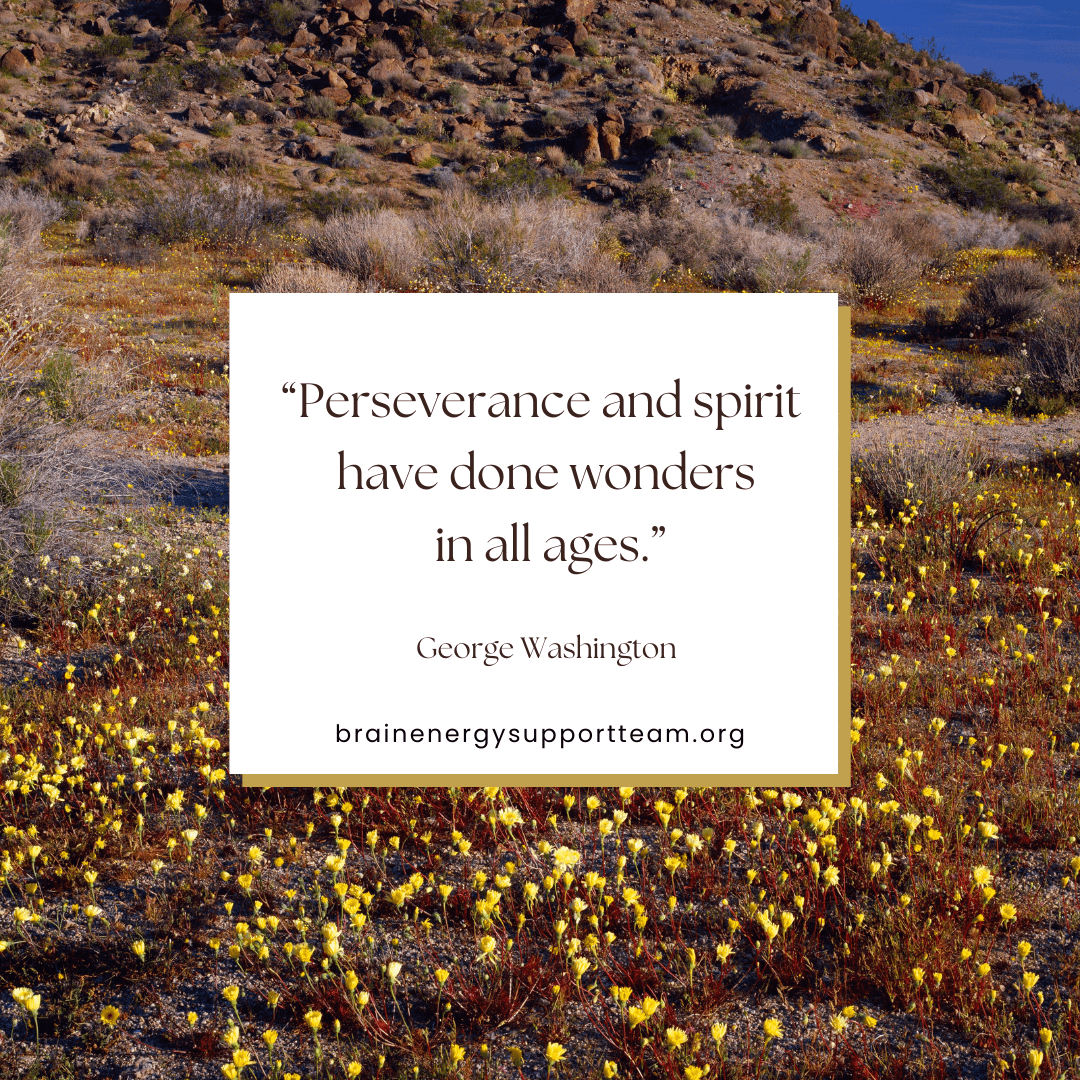(Editor’s note: BEST welcomes back writer, blogger and BEST guest blogger, Kirsten Short, who shares a terrific and informative article on some helpful tools and strategies to engage your goals and journey forward in 2019. Thank you Kirsten for your important words and support! KT)
Yup, you heard me correctly; Happy New Year! I have had a very slow start to 2019 and it is about time that I send my best to the BEST community. I haven’t forgotten about you; I’m just running a little — okay, a lot — behind.
How behind? Well, it’s February 18th.
I’m sitting at my computer staring at a blank Word document. That tiny vertical line has been blinking at me for about ten minutes. I feel like with each pulse, it is taunting me to write something. Write something. Write something.
Why does everything feel so difficult these days?
Is it called a cursor because if you stare at it long enough, it will certainly make you curse?
January felt like the longest month in the history of months. In addition to feeling terrible physically, I was so unmotivated. My body, mainly my gut, has been taking it the hardest as I haven’t been sleeping very well and my eating habits have been terrible. And don’t even get me started on February. I feel like I blinked and bam, we are already half-way through, and I have no idea where the time has gone.
I am certain that I have used the word “ughhhhh” like 1,000,000 times over the last six weeks.
Does anyone else feel this way?
Raise your hand if you have already failed at your New Year’s resolution, haven’t even gotten around to making 2019 goals (and you usually do), or if you just feel a bit lost this year and need some direction.
Is your hand in the air? Okay. Now, raise your other hand. Do you feel ridiculous yet? Good. Now, wrap your arms around yourself and squeeze.
I am currently imagining hundreds and thousands of people hugging themselves and it’s very empowering (don’t worry – I am not delusional. I am aware that I am typing this to myself, so no one is really hugging themselves. This is just a minor irrelevant detail that I will sort out later). My point? We are going to get through this together and with a little bit of self-love and self-compassion, and lots of self-hugs.
Ready.
Set.
Go…
…Google. (Don’t look surprised — Where else would we start?)
It took some time, but I finally stumbled upon a blogpost by Elizabeth Rider, a Certified Health Coach, titled, Word of the Year. In her article, Rider explains that a Word of the Year is “an intention, a theme per se, for how you want your year to flow.” Just like how a theme in literature is woven into all aspects of a story, our Word of the Year should influence all our actions, interactions, and motivations for the year.
After reading Rider’s blog, I was left with two thoughts:
- I love this! Instead of setting goals or resolutions (because let’s face it, when you have a brain injury, it can be difficult and overwhelming to meet rigid milestones or targets), we can create a theme to guide and motivate us throughout the year.
- How do I decide what theme or word(s) to use?
Apparently, making a yearly theme is not a new concept. I am just late to the party or I never showed up to the party (give me a break here, social gatherings are hard on my brain).
In any case, I was able to find some good resources on the topic, such as a podcast by Lisa Martin, a best-selling author and leadership coach. In her January 1, 2019 episode, Martin breaks down the process and pieces involved in creating a theme. I have summarized the steps below.
Step 1: Answer the following reflection questions:
- What worked and didn’t work last year?
- What do I desire for my life in the upcoming year?
- What do I need to let go of in the upcoming year?
- How will I foster my well-being in the upcoming year?
- Which strengths will I tap into to achieve what I desire?
- How will I make everyday count?
Step 2: Summarize your answers by finishing these three sentences:
This year,
I want more…
I want less…
I will continue to…
Step 3: Based on the three sentences from Step 2, create a one to two-word theme.
Following Martin’s steps, I realized that my decrease in motivation over the last six weeks has been a direct result of my declining health. It has become increasingly difficult for me to stay hopeful that I will get better and regain my independence one day. And just like the old cliché, I didn’t realize how important it is to have hope until I started to lose it. Since my concussion two years ago, hope has been keeping me afloat and consequently, without it, I know now that I would certainly sink.
Based on this epiphany, I have selected the words Healing and Hope as my words for 2019. I believe that healing will lead to hope and I think manifesting hope will lead to greater healing. 
Sounds like a good plan, right? No more ughhhs for this girl.
Now it’s your turn,
Ready.
Set.
Go!
Kirsten Short was born and raised in Coquitlam, British Columbia, Canada. 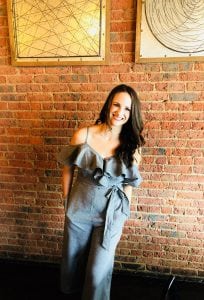 She has a Bachelor of Business Administration from British Columbia Institute of Technology and is a member of the Institute of Chartered Professional Accountants of British Columbia. From 2010 to early 2017, Kirsten worked in accounting firms where her client base consisted of small and medium-sized owner operated businesses, private companies, co-operatives, not-for-profit organizations and large public entities. Accordingly, she has a wide breadth of tax, advisory and assurance experience.
She has a Bachelor of Business Administration from British Columbia Institute of Technology and is a member of the Institute of Chartered Professional Accountants of British Columbia. From 2010 to early 2017, Kirsten worked in accounting firms where her client base consisted of small and medium-sized owner operated businesses, private companies, co-operatives, not-for-profit organizations and large public entities. Accordingly, she has a wide breadth of tax, advisory and assurance experience.
Unfortunately, Kirsten has been on medical leave since she suffered a concussion in February of 2017. However, she manages to stay positive despite her post-concussion symptoms, chronic migraines and visual snow. When not working on her rehabilitation, Kirsten takes full advantage of her ‘good’ hours by advocating for brain injury survivors and their families; this is a new passion of hers. She also enjoys yoga, reading, writing and taking her Boston Terrier, Charli, on walks. You can read more about her story on her blog: Concussions and Lawn Chairs.

